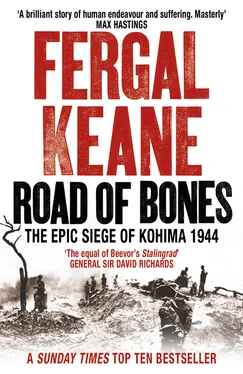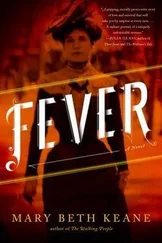One can imagine how strange this well-spoken son of a millionaire must have appeared to his fellow soldiers, a great many of them tough working-class lads from the inner cities. There are several references in John Harman’s letters to the ‘crudeness’ of barracks life, the boredom of being a soldier and the pain caused to his feet by marching. What is perplexing is Harman’s refusal to take the commission that would have offered him a more comfortable existence. With his education and background, even allowing for the disgrace of his father’s imprisonment, Jack Harman would have been a likely candidate for officer training. In a letter to his father he explained his reluctance, in spite of the fact that he considered himself to be a ‘gentleman’. Self-doubt was at the root of his decision: ‘I have given the matter of taking a commission a lot of thought and there is no doubt that if I was an officer I would be able to resume the life I was used to, to some extent. On the other hand I am constitutionally so unsoldierly that I am filled with doubts about the whole thing … Does the status of Gentleman entitle a man to be an officer with the King’s Commission though he is not the soldier-type? I think not … well!’
By September, John was with the Worcester Regiment and having second thoughts about his status in the ranks, writing to his father that he was going to apply for a commission as soon as he could. He never did. ‘I am still a private soldier after a year in the army,’ he wrote to a friend. He was still interested in divining and considered putting up a proposal to the War Office to use his ‘special knowledge’ to help detect submarines. Nothing seems to have come of that. By the end of January 1943 he had changed regiments once more and was soldiering with 20th battalion, The Royal Fusiliers, and on his way to India. A friend, Wally Evans, who was with him on the troopship to the East saw Jack frequently gathering up ‘empty beer bottles that were laying around the ship in order to recover the deposits paid on them’. He would use the money to buy equipment that was lighter and less bulky than his own. When a call went out for volunteers to join depleted regiments, John Harman and several others put their hands up to join a draft going to 4th battalion, Queen’s Own Royal West Kent Regiment. ‘The biggest blunder of our lives,’ remembered Evans, ‘for what we had to go through in Burma.’ But Harman was looking forward to the possibility of fighting in Burma, or at least getting himself to the jungles of South-East Asia. In August 1943, just over a month before the 4th battalion shipped out to the front line, he wrote to his father with a romanticised view of jungle warfare: ‘Four years in NZ stand me in good stead and if we ever have to fight in the Burmese Jungles it will be right down my street. Frankly, I would rather hear the noises of the jungle than the ceaseless clattering and yapping of the barrack rooms; and eating food almost entirely out of tins gets me down. In the jungle a man may “spit” a snake over a fire and eat it all himself and make a decent cup of tea.’
Harman was sent to D company, under the command of Captain Donald Easten, an assignment that was providential: he was placed under the authority of a man who wore his rank lightly but with great effect. Easten had the wisdom to look the other way at the minor indiscretions of his men, and he had the gift of showing them that he cared for their welfare. He was swift to sense the potential in John Harman. ‘He was a great countryman who found his way everywhere day or night, he understood ground as well as obviously being a very solid citizen who wasn’t going to bolt if something nasty happened. He was brave and of course in the end it was proved.’
In early October 1943 John Laverty was given orders to move out for Burma. The 4th battalion was to be shipped across the Bay of Bengal for General William Slim’s coming offensive. What Slim did not appreciate was that the Japanese were also planning an attack in the Arakan. The operation, code-named Ha-Go (literally Operation Z), was designed to draw away British resources and attention from the frontier with India, where the commander of the Japanese 15th Army was planning an audacious surprise. Lieutenant General Renya Mutaguchi sweeps through the story of the Burma war like a force of nature, and in late 1943 he was offering his superiors a tantalising vision of victory.
Конец ознакомительного фрагмента.
Текст предоставлен ООО «ЛитРес».
Прочитайте эту книгу целиком, купив полную легальную версию на ЛитРес.
Безопасно оплатить книгу можно банковской картой Visa, MasterCard, Maestro, со счета мобильного телефона, с платежного терминала, в салоне МТС или Связной, через PayPal, WebMoney, Яндекс.Деньги, QIWI Кошелек, бонусными картами или другим удобным Вам способом.












